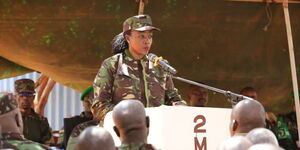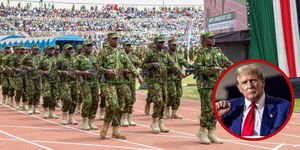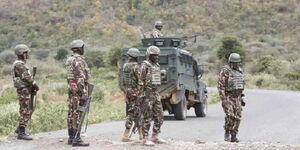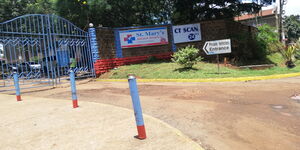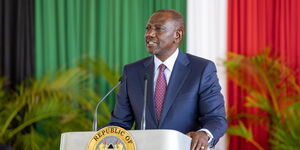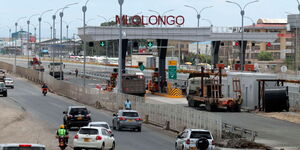As the clock ticks down to the commencement of a controversial peacekeeping mission in Haiti, scheduled to begin in less than two weeks, international scrutiny is intensifying on Kenya and the United Nations.
Calls for transparency and accountability have reached a crescendo, with human rights groups demanding clarity on the mission’s objectives and safeguards for human rights in the beleaguered Caribbean nation.
The key question is, what will happen to an officer who shoots, kills, or injures a civilian?
Prominent human rights organisations have voiced growing concerns, focusing on the need for a robust framework to ensure the protection of Haitian civilians. Key among their demands is comprehensive training for the 2,500 troops slated for deployment, emphasising the importance of adherence to international human rights standards.
Human Rights Watch last week highlighted the necessity for countries involved in the Multinational Security Support (MSS) Mission to implement rigorous measures to guarantee respect for human rights.
Hot on their heels, Amnesty International on Wednesday, June 5, called for pre-deployment and in-theatre training from relevant UN entities for the police officers and soldiers participating in the mission.
Kenya’s commitment to the mission has brought its own human rights record under the spotlight. Concerns over past abuses by Kenyan police have led to calls for stringent oversight to prevent similar issues during the mission in Haiti.
Amnesty International has stressed the importance of the mission’s compliance with international human rights law as mandated by the United Nations Security Council.
Ana Piquer, Americas Director at Amnesty International, underscored the stakes: “Any action taken by this multinational mission must strictly adhere to international human rights law. A misstep would have devastating consequences for the Haitian people.”
Amnesty’s statement stressed the necessity for training on core UN principles, including human rights law, sexual exploitation and abuse, and the protection of civilians. They also advocated for the appointment of independent experts to lead mechanisms for assessing claims of misconduct, with a focus on avoiding interference and ensuring transparency.
Historically, international responses in Haiti have been marred by allegations of human rights abuses. Past UN missions faced accusations of sexual violence and were blamed for introducing cholera in the aftermath of Haiti’s catastrophic 2010 earthquake.
In light of this history, Amnesty International advocates for mechanisms compatible with criminal prosecution and other accountability measures to reinforce Haiti’s institutional frameworks.
The highly anticipated mission, approved by the United Nations Security Council in October, has faced delays due to financial constraints and legal challenges.
Prime Cabinet Secretary Musalia Mudavadi in an interview on Sunday, June 2, acknowledged that no formal deployment arrangements have been finalised under the UN framework, promising transparency once decisions are made.
“We have not reached that level at all, and if they are going to be trained, we will make it public,” he stated.
Mudavadi assured that the MSS team would operate under strict adherence to security deployment regulations and UN standards. However, specifics about their operational conduct remain vague.
However, specifics about the mission remain elusive. Questions linger about whether the deployed personnel will engage in combatting gangs or focus solely on protecting key government infrastructure. The lack of clarity has only fueled concerns about the mission’s true intent and operational framework.
Amnesty International has called for an accessible, independent, and transparent complaint mechanism to investigate allegations of misconduct and human rights violations, including sexual exploitation and abuse. They advocate for clear standards for disciplinary action and compensation, developed with input from Haitian communities.







